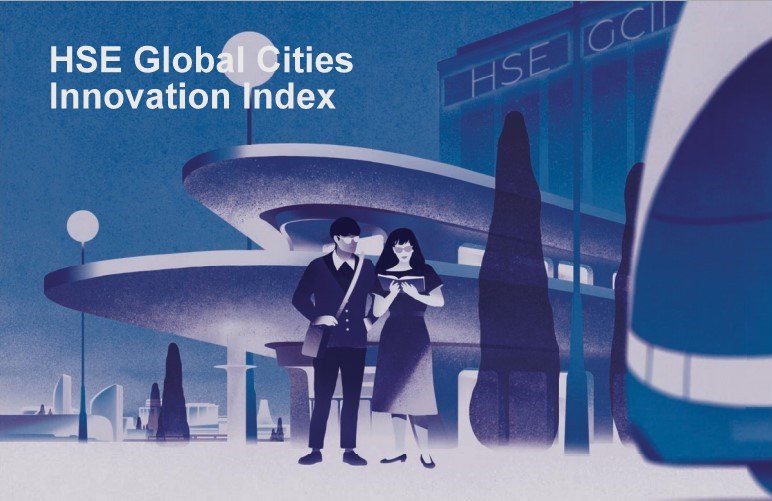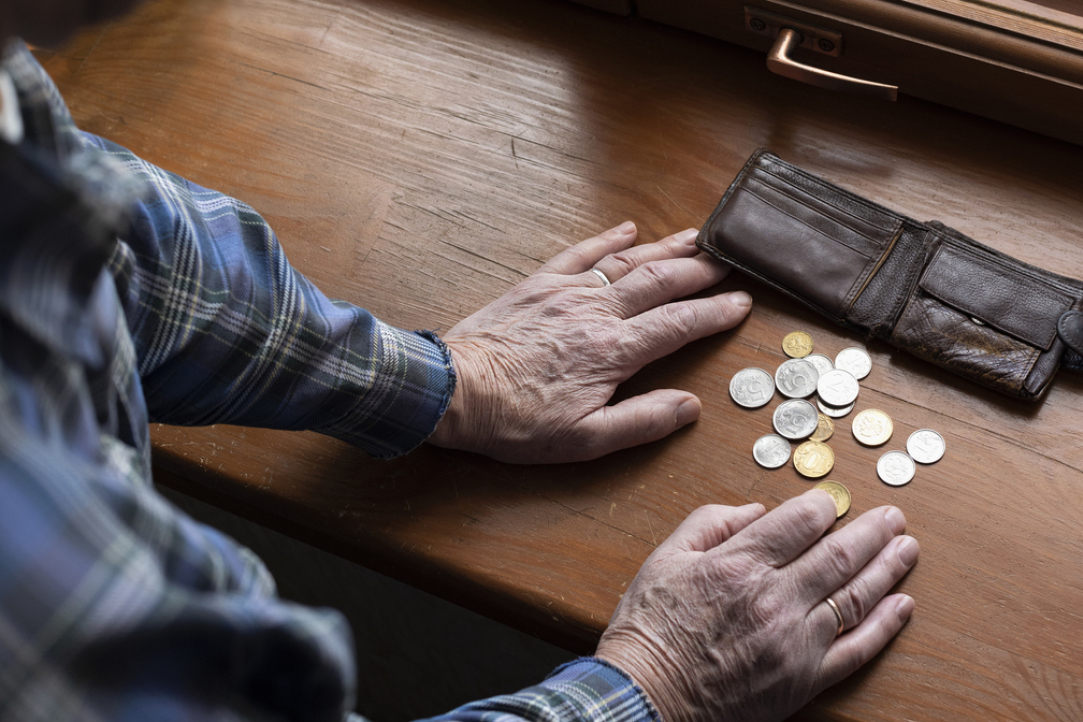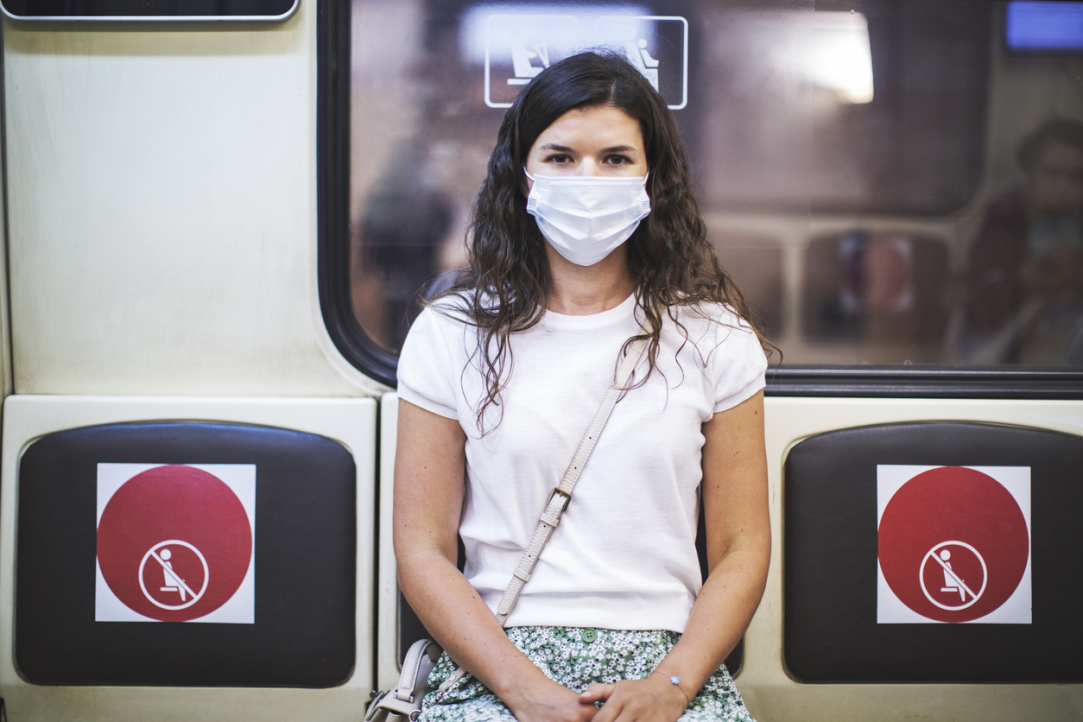
HSE University Presents First Global Cities Innovation Index
According to HSE University’s Global Cities Innovation Index, New York and London are the world’s most attractive megacities to innovators implementing creative and technological initiatives. Moscow ranked among the rating’s top ten cities, leading in the areas of ‘Innovation Infrastructure’ and ‘Digital Infrastructure and Services’. HSE researchers presented the index at this year’s Open Innovations Forum.
-%D0%BC%D0%BE%D0%B7%D0%B3%20%D0%B4%D0%BE%D1%84%D0%B0%D0%BC%D0%B8%D0%BD.jpg)
Russian Research Team Gains Deeper Insight into the Workings of the Human Brain during Group Problem Solving
A team of Russian researchers with the participation of a leading researcher at HSE University, Ekaterina Pechenkova, found that during group problem solving the components of the social brain are co-activated, but they do not increase their coupling during cooperation as would be suggested for a holistic network. The study was published in Frontiers in Human Neuroscience.

How Following the Law Helps to Fight the COVID 19 Pandemic
Mathematicians of the Higher School of Economics have calculated the effectiveness of measures taken to fight the coronavirus epidemic in different countries. They have concluded that the scale of anti-epidemic measures does not necessarily directly affect the disease rate, suggesting that one of the main reasons for this is the willingness of citizens to clearly, honestly and consistently comply with anti-epidemic measures.

It Turns Out That Russians Are Unprepared for Poverty
For years, Russians have failed to develop the ability to adapt to financial vulnerability — that is, to the risk of falling below the poverty line. This is associated with the fact that Russians are less satisfied with life and rate their well-being lower as well. With the prospect of falling poverty an ongoing problem, these indicators have not improved.

Weeping Men: Why Misandry Flourishes in Russian Society
Although Russia has traditionally been a patriarchal society, misandry—the sharp criticism of men, or ‘reverse sexism’—is on the rise. Women accuse men of every possible sin, from acting aggressively to being too passive at work and home, and from narcissism to general indifference. In a pilot study, HSE University researchers studied misandry in the women of two different generations.

Loving-Kindness Mediation Will Make You Happier Than Compassion Meditation
Researchers from HSE University compared the effect of two meditation practices – loving-kindness meditation (LKM) and compassion meditation (CM). Loving-kindness meditation turned out to be more effective when it comes to increasing happiness, but, in contrast with previous studies, compassion meditation also did not result in a growth of negative emotions. The paper was published in Mindfulness journal.

Managers’ Role in an Era of Wild Cards: Seeing Opportunities Even at Rock Bottom
Global economic trends that have emerged in 2020 have been reevaluated in the context of the pandemic and low oil prices. Businesses have reconsidered their windows of opportunity and potential threats. This is evidenced by a foresight study conducted by the Association of Managers of Russia and co-authored by Alexander Chulok, Director of the HSE Institute for Statistical Studies and Economics of Knowledge.

Russian University Graduate Employment Statistics Look Good, But a Closer Look Reveals Gaps between Regions and Labour Markets
At the inaugural seminar of the 2020/2021 academic year held at the HSE Institute of Education, Sergey Roshchin, HSE Vice Rector and Head of the Laboratory for Labour Market Studies, and Senior Research Fellow Victor Rudakov presented a report entitled ‘University Graduates in the Russian Labour Market’.

Complex Phonological Tests Are Useful for Diagnosing Reading Dysfunction
HSE University researchers have confirmed that the level of phonological processing skills in children can impact their ability to master reading. Complex phonological tests are best suited to detect phonological impairment. The study was published on September 6, 2020, in the Journal of Research in Reading.

We'll Have To Live With It: Russians Resigned to the Fact That Coronavirus Isn’t Going Anywhere
Russian citizens are almost completely out of isolation and now are less and less afraid of getting infected, however, safety measures are still being overwhelmingly complied with. Alongside that, the percentage of coronavirus skeptics who do not believe in the hazards of the virus is growing. These people refuse to get vaccinated and have no plans to self-isolate in case of the virus's second wave. This is supported by the survey results done by HSE.

